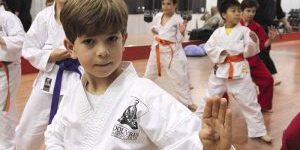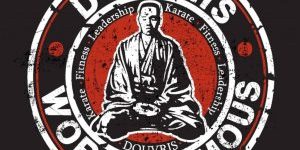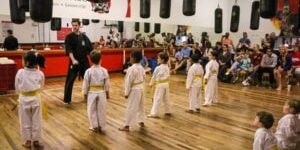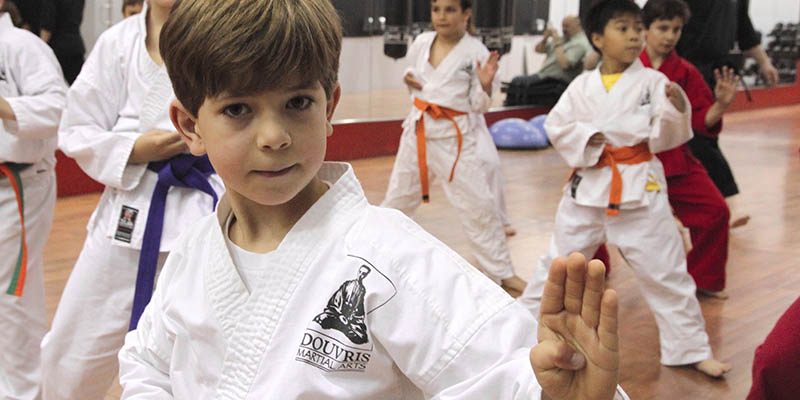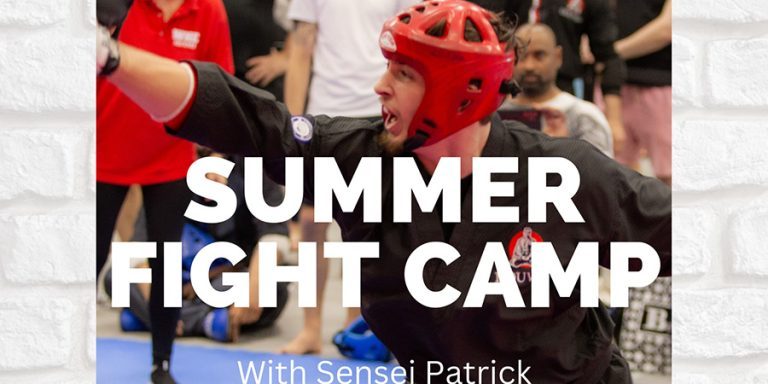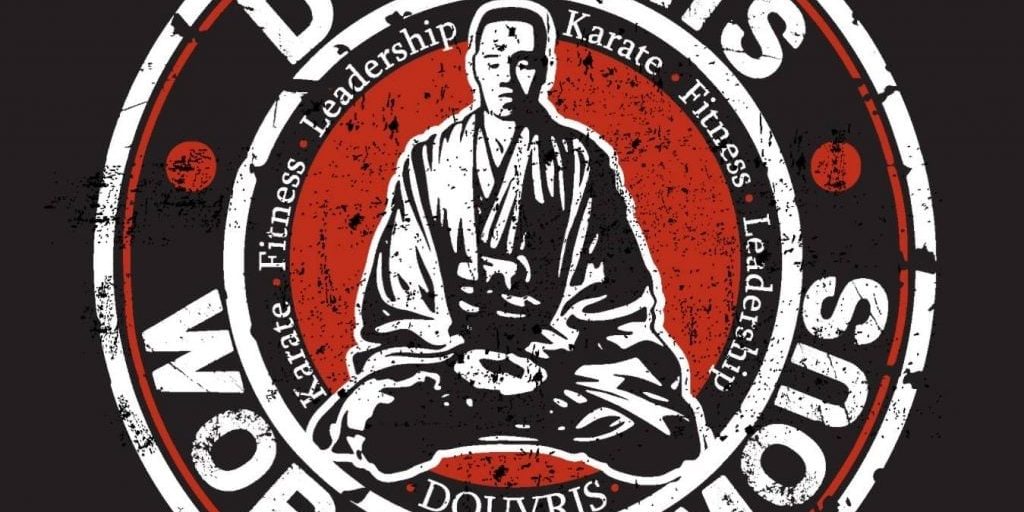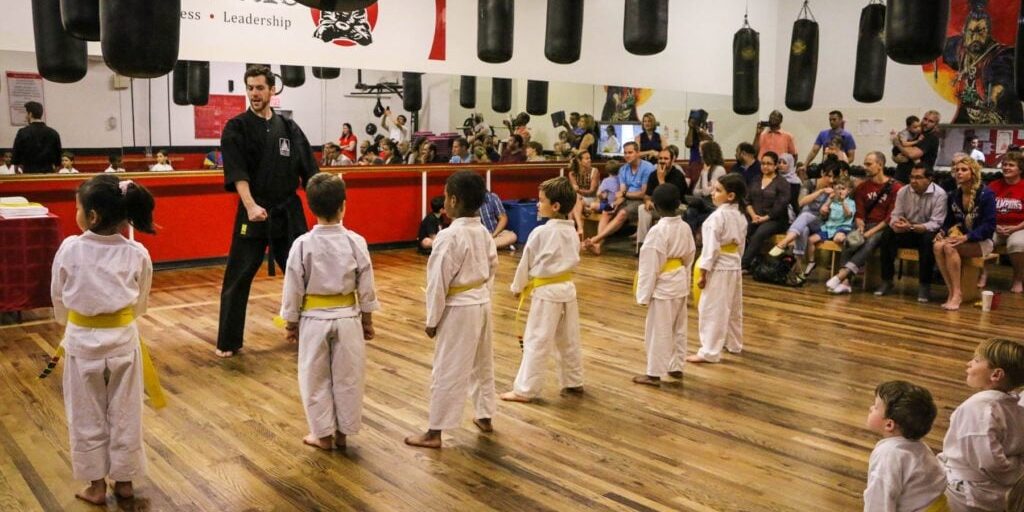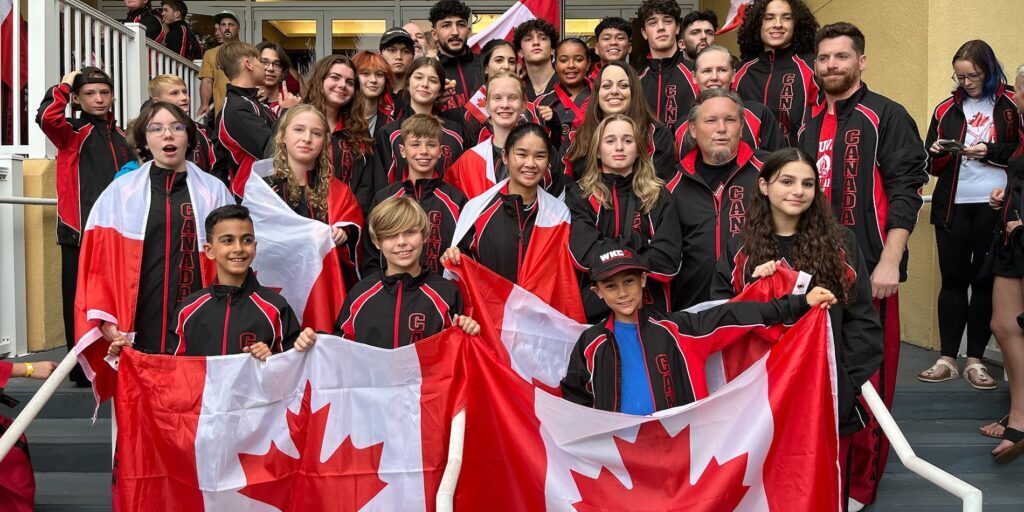Who Am I?
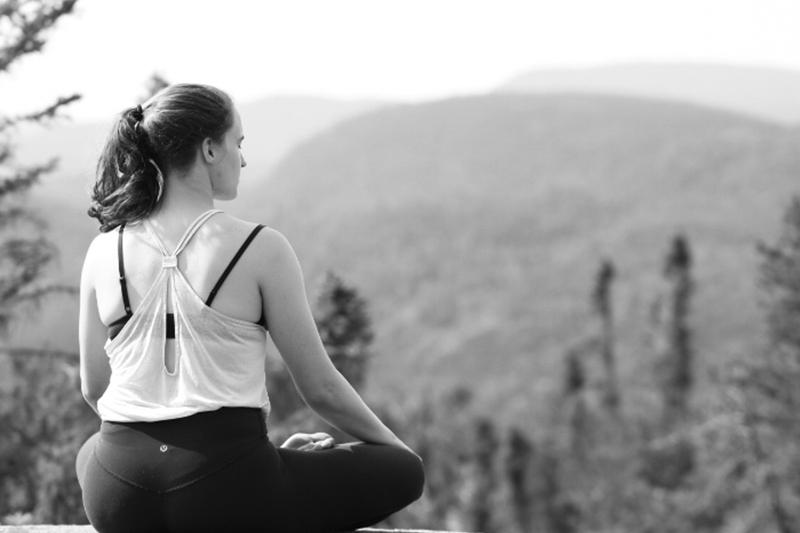
The True Self
Have you ever asked yourself “Who am I?”, “What should I be doing with this life?”,
“How will I know when I’m in the right place?”. I know I do, almost daily.
I recently had the opportunity to chat with a kind soul and member of our Douvris Family Dr. Reesa Packard, a registered psychotherapist with a Ph. D in Counselling and Spirituality. She graciously enlightened me on how she tackles these big questions.
Who Are You?
Reesa explains that in Western culture we don’t always leave room for an identity beyond the tangible things like what we do for a living, what we want, our status, who’s around us, and even material items.
In the East there is the concept of the “essential self” where we ask, regardless of the more superficial pieces, are there pieces of the self that remain constant? Our thoughts, emotions and actions are in a constant flux, but is there a constant underneath? Many understand this as the consciousness—the intuition and energy behind our thoughts, emotions, and actions. This is our spiritual “true self”.
Accessing and uncovering this essential self is some serious business though.
According to Reesa, it requires surrendering the ego in peak moments. She explainsthat in Hinduism the ego is referred to as a veil that stops us from seeing reality as it is. The first step? Awareness.
Transpersonal Development
According to transpersonal development theories we have three stages of development.
The first stage of development, the pre-personal stage, starts from birth and lasts until we’re anywhere from 3 to 7 years old. At this point, we haven’t even developed a sense of self yet. We live in positive and negative emotional states and our needs depend on our caregivers.
The second stage of development, the personal stage, is the time we start to fill in the blanks of our sense of self, and our essential self begins to manifest in our world. We develop beliefs and needs and are encouraged to be independent and self-reliant. At this point, the more autonomous we are or are seen to be, the better off we are judged to be doing in life. This stage can last a lifetime.
The third stage of development, the transpersonal stage, is based in an Eastern concept of an “advanced self”. This is when an individual can have the inborn realization that we are all interdependent. This is only reinforced in some cultures, like Hindu societies.
The 4 Paths of Yoga
As Reesa put it, “we can’t transcend the self if we don’t know the self”. She explains that this comes from a deeper self-reflection. It looks less like “Who am I? What do I need?” and more like “What is my place in this world?”, “How can I fulfill my greater purpose and manifest deeper meaning?”. For Reesa, alignment with her essential self is found by following the 4 paths of yoga. The 4 paths of yoga are:
- Karma Yoga
Karma yoga can look like volunteer work or other forms of selfless service. It involves and fosters compassion and empathy towards those we share this world with. It is giving back.
- Bhatki Yoga
When things are not ok, what do I turn to? Bhatki yoga is your access point to the spiritual world. It can look like an organized religion or it can be a more agnostic belief or story that keeps us grounded and grateful. It can include various types of devotional practice like singing, chanting, or praying, or honouring something in some way.
- Raja Yoga
This is your lifestyle. It involves holding yourself to particular ethics and morals and acting according to them daily. For Reesa this includes “do no harm” and “take care of the body”. It can also include meditation and moving meditations like karate, which requires you to be centered and anchored in the present moment.
- Jhana Yoga
Jhana yoga fosters self-knowledge. This can look like scripture study and learning theoretical frameworks and ideas about the world. It involves our theoretical, theological and philosophical understandings. How do I make sense of myself and the world?
Martial Arts and Development
Due to the combative and self defence aspects of martial arts we often put emphasis on the physical strength acquired in martial arts. The spiritual benefits of martial arts are often overlooked, karate helps us find our inner strength and our inner self. Reesa shared with us the various spiritual components of this practice
- Movement meditation
As Reesa said, karate practice requires one to be anchored and centered. A kata can represent the ultimate state of “flow”, with each movement using our full body and our breath to move our energy and generate power. This aligns with the third path of yoga.
- Surrender to the ego
Martial arts allows Reesa to claim the harder parts of herself, the fourth path of yoga. The things she experiences and struggles with outside the dojo are often amplified when she steps into the dojo and she’s pushed towards the things she would like to sublimate and she surrenders. Reesa shared a personal struggle and moment from the dojo where she chose to surrender her ego. After learning a new kata and feeling as though she earned her stripe she was surprised and a bit angered when she didn’t receive her stripe in class that day. She felt it was unfair, was she letting down her Senseis? Did she need to work harder on her kata? At this moment it became so clear to Reesa that wrestling with progress is exactly the way in which martial arts is life. Whatever Reesa is experiencing in life and self, she feels martial arts epitomizes it. Reesa said she had a choice. She could feel angry or she could re-evaluate; “what is the true purpose here?”. If she got caught up in that anger and tried to control the situation, she would close herself off to whatever the process actually had in store for her. Reesa finished her story with, “It could be all about me or it could be bigger than me.”
- Community
As Reesa says, “we all come here with something”. Most of us come to the Dojo because we’re looking to change, to improve or develop in some facet of our lives. We all carry something with us. For Reesa, the Dojo is a place where she doesn’t have to hold her “something” on her own. Joining the Dojo is joining a community of individuals that all have the same goal, “…to become the best [people we] can be and to share that progress with others”, and that means holding each other up in times of struggle.
Ode’s Legacy
For Reesa, martial arts is an immensely important piece of her journey because it allows her to feel directly connected to her son, Odin. For Reesa and many members of our Douvris Family and Kids Kicking Cancer family Odin is one of the greatest Senseis to walk through our dojo. Embodying pure love and connection, Odin is the most pivotal part of Reesa’s spiritual connection and journey inside and outside of the dojo. To learn more about Reesa, her partner and Odin’s journey please send them love on their Facebook page linked below:
Advice from Reesa on the “Big Questions”:
We find our true selves when all of the different parts of ourselves are in harmony. Reesa says, “…when I am able to act spontaneously, intentionally and authentically in the moment”. This involves whole self-integration. One of Reesa’s spiritual teachers Swami Sivananda would say “serve, love, give, purify, meditate, realize”. Here are the four pieces of advice Reesa has for those looking for their true selves:
- “Know that everybody struggles.”
- “Know that you are on a path.”
- “Even though it may feel like something will last forever, it won’t—that is physically impossible.”
- “Find your practice. Embark on a journey. Immerse yourself in the present movement and commit to it”
Thank you so much Reesa for sharing with me and our Douvris family. Your openness, authenticity and development is inspiring.
With love,
Madison
P.S. You can find 3 classes by Reesa on our Online Dojo!

